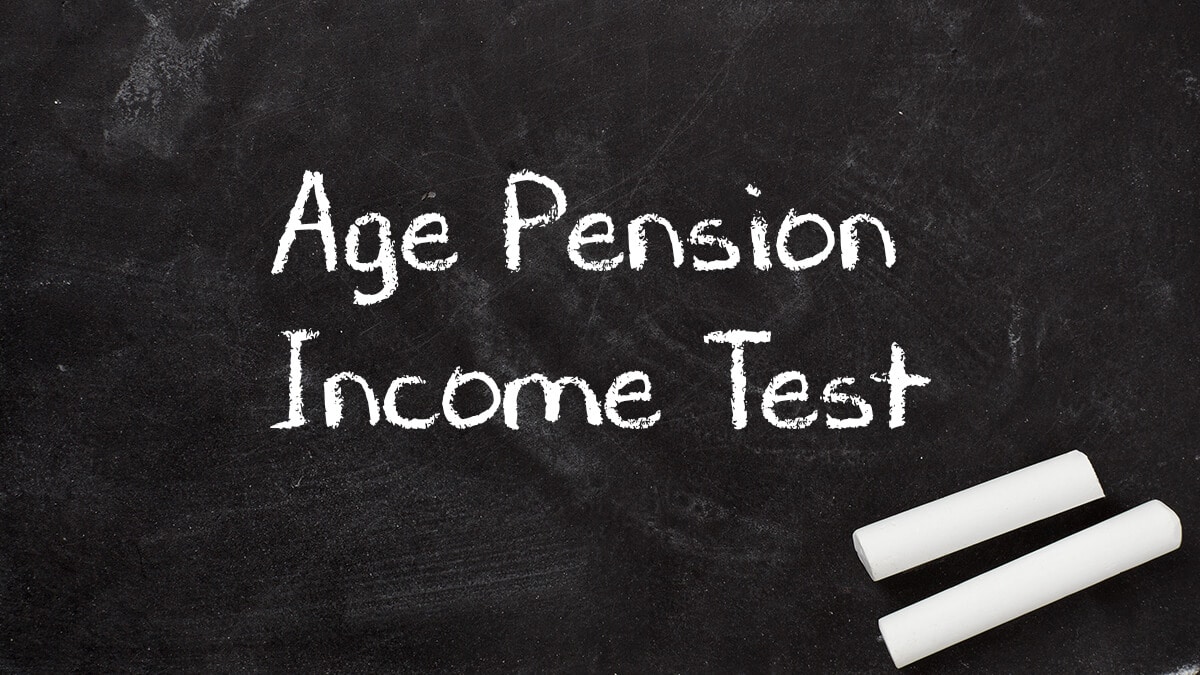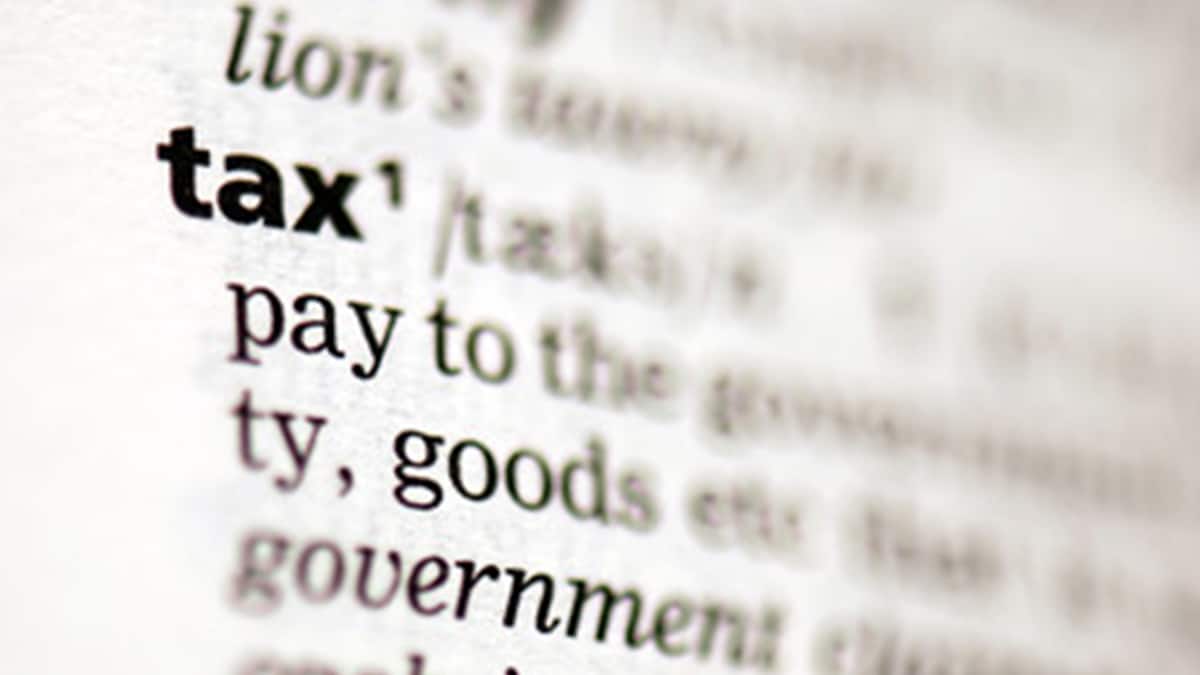Navigating your way around the constant rule changes in the super system is tricky, so here’s our annual list of the modifications you need to know about. Read more.
Navigating your way around the constant rule changes in the super system is tricky, so here’s our annual list of the modifications you need to know about. Read more.
A new financial year brings updated thresholds for a range of super measures. Take a look at the new numbers to check for opportunities. Read more.
A new financial year brings updated thresholds for a range of super measures. Take a look at the new numbers to check for opportunities. Read more.
There’s no limit on the amount you can withdraw each year from an account-based super pension, but there are age-based minimum annual withdrawal rates. Here’s how they are calculated. Read more.
There’s no limit on the amount you can withdraw each year from an account-based super pension, but there are age-based minimum annual withdrawal rates. Here’s how they are calculated. Read more.
There are a series of hurdles you need to clear before you can access your super. The first is your age. Read more.
There are a series of hurdles you need to clear before you can access your super. The first is your age. Read more.
Concessional contributions make up most of the money going into your super account, so it’s important to understand what these are and how they work. Read more.
Concessional contributions make up most of the money going into your super account, so it’s important to understand what these are and how they work. Read more.
With Super Guarantee (SG) contribution rates changing again, it pays to understand the rules and the rate your employer is required to pay in 2025-26. Read more.
With Super Guarantee (SG) contribution rates changing again, it pays to understand the rules and the rate your employer is required to pay in 2025-26. Read more.
If you haven’t used all your concessional contributions cap in recent years you can play catch-up and get a handy tax concession to sweeten the deal. We explain how. Read more.
If you haven’t used all your concessional contributions cap in recent years you can play catch-up and get a handy tax concession to sweeten the deal. We explain how. Read more.
Making a personal contribution into your super can be a great way to boost your retirement nest egg and enjoy the tax-effective benefits of the super system. Read more.
Making a personal contribution into your super can be a great way to boost your retirement nest egg and enjoy the tax-effective benefits of the super system. Read more.
Using the bring-forward rule is a great way to put a larger contribution into your super account in a single year. Here’s what you need to know about the rules. Read more.
Using the bring-forward rule is a great way to put a larger contribution into your super account in a single year. Here’s what you need to know about the rules. Read more.
This article details the rules and limits of the Age Pension assets test (how much your savings and other assets are worth), which is one half of the means test … Read more.
This article details the rules and limits of the Age Pension assets test (how much your savings and other assets are worth), which is one half of the means test … Read more.
On 20 August 2025 the government announced the first change to deeming rates since 1 May 2020 when rates were frozen at artificially low levels during COVID. Read more.
On 20 August 2025 the government announced the first change to deeming rates since 1 May 2020 when rates were frozen at artificially low levels during COVID. Read more.
Our Age Pension calculator gives you an estimate of your potential Age Pension entitlements based on your situation, assets and income. Read more.
Our Age Pension calculator gives you an estimate of your potential Age Pension entitlements based on your situation, assets and income. Read more.
This financial year is one of the few in recent times where the income tax brackets or rates have not changed, although you may see a change in base income… Read more.
This financial year is one of the few in recent times where the income tax brackets or rates have not changed, although you may see a change in base income… Read more.
Enter your taxable income and the calculator will show your total tax, marginal tax rate and your effective tax rate. Read more.
Enter your taxable income and the calculator will show your total tax, marginal tax rate and your effective tax rate. Read more.







